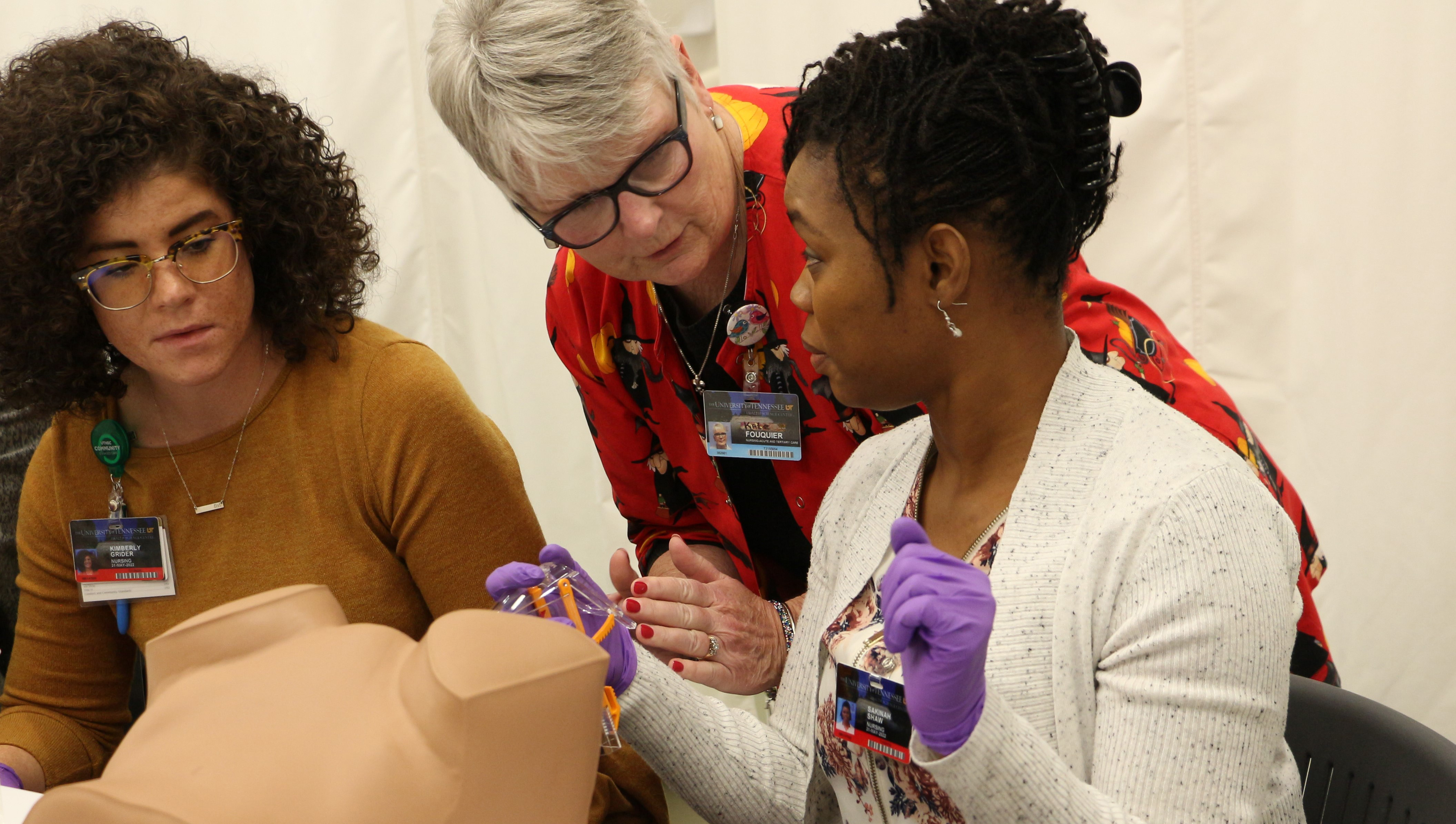DOI
10.21007/con.dnp.2024.0081
Faculty Advisor
Sally Humphrey, DNP, APRN, CPNP-PC and Bobby Bellflower, DNSc, NNP-BC, FAANP, FNAP
Document Type
Poster
Publication Date
Spring 4-21-2024
Disciplines
Bacterial Infections and Mycoses | Health and Medical Administration | Health Services Administration | Investigative Techniques | Medicine and Health Sciences | Nursing | Nursing Administration | Public Health | Public Health and Community Nursing | Quality Improvement
Abstract
Purpose/Background
Urinary tract infections (UTIs) are a common diagnosis among children. Patients must fully comply with treatment regimens to reduce the risk of recurring UTIs and prevent long-term complications. This scoping review aims to evaluate the literature and examine the association between screening for social determinants of health (SDH) and adherence to UTI treatment.
Methods
A thorough literature search via PubMed, Cochrane Library, Elsevier Clinical Key, CINAHL, and JAMA was conducted with the following keywords: Pediatric UTI, Adherence to Treatment Plans, Social Determinants of Health, Social Needs Screening, and others. Ten articles were appraised for their evidence and quality. The articles focus on the diagnosis of a UTI in the pediatric population, social needs screening, SDH, and treatment compliance. A synthesis of results table was composed to examine SDH and evaluate the association between social needs screening and improved outcomes.
Results
The literature review indicates a correlation between unmet social needs and patient outcomes. UTIs can affect patients and their families, and in-person interventions can improve compliance and health outcomes. Two studies reported improved health outcomes following social needs screening and allocation of resources. Two studies highlight the importance of the medical home and provider's role in assisting with social needs.
Implications for Practice
The results of this scoping review highlight the need for social needs screening and provide insight into the effects that unmet social needs can have on treatment compliance. Providers can strive to improve patient outcomes by screening for social needs and allocating resources. This review highlights the need for further research into implementing social needs screening in clinical practice to reduce UTIs and improve compliance in the pediatric population.
Recommended Citation
Patel, MS, BSN, RN, Barrett S.; Gentry, BSN, RN, Emily A.; Humphrey, Sally DNP, APRN, CPNP-PC; and Bellflower, Bobby DNSc, NNP-BC, FAANP, FNAP , "The Impact of Social Determinants of Health on Adherence to Urinary Tract Infection Treatment: A Scoping Review" (2024). Doctor of Nursing Practice Projects. Paper 81. http://dx.doi.org/10.21007/con.dnp.2024.0081.
https://dc.uthsc.edu/dnp/81
Included in
Bacterial Infections and Mycoses Commons, Health Services Administration Commons, Investigative Techniques Commons, Nursing Administration Commons, Public Health and Community Nursing Commons, Quality Improvement Commons


